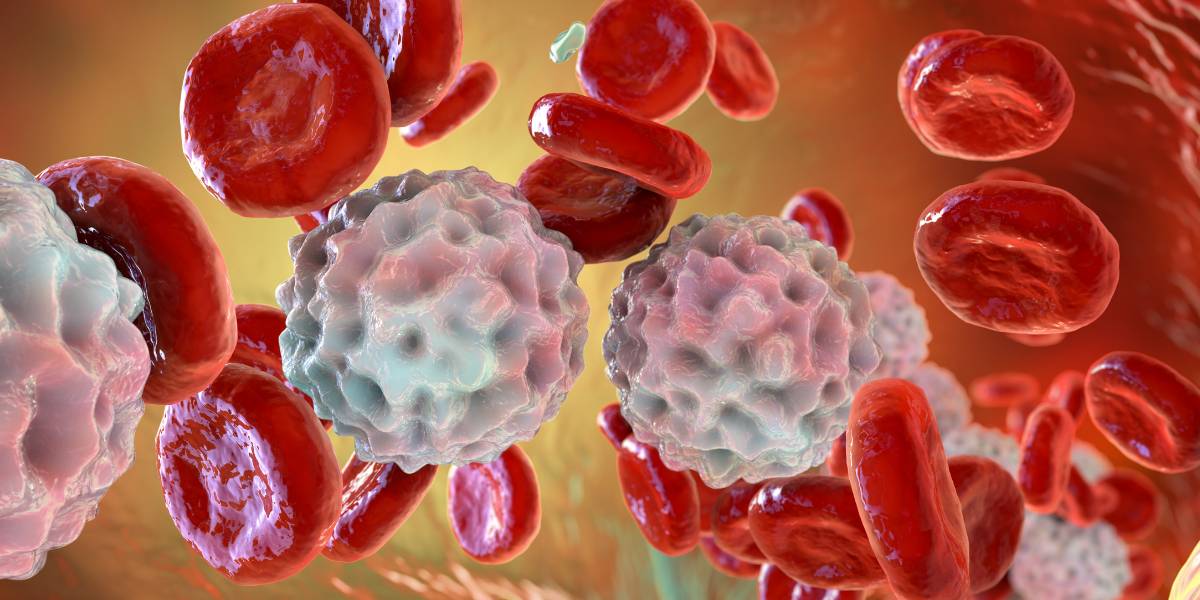The diversity of bacteria in the intestine of people with irritable bowel syndrome (IBS) is lower compared to those without the condition, a new study has found.
The Korean research is believed to be the first to find the link, but the team has stressed they do not know yet whether it is a cause factor for IBS.
Under normal conditions, more than 10,000 species of microorganism live in the human intestine. This latest research also found that the profusion of 21 species of bacteria were found to be different in people with IBS and those without IBS.
- What is the microbiome?
- People with ‘more education and better cognitive ability’ less likely to develop a gut disorder, research shows
IBS, which can cause stomach pain, diarrhoea and bloating, can be triggered by disruption of the microbiome of the gastrointestinal tract.
Corresponding author Dr Jung Ok Shim, professor of Pediatric Gastroenterology, Hepatology, and Nutrition at Korea University College of Medicine, said that previous research in the past has produced inconsistent results. In this research, the team looked at data from 576 people with IBS and 487 without the condition by combining
their own dataset with nine shared datasets. Analysis of the data was carried out using a “unified data processing and analytical method”.
Dr Shim said that the disrupted bacteria “is associated with IBS, though this does not mean that the relationship is causal”, going on to say that “functional studies are needed to prove whether the change in gut micro-organisms contributes to development of IBS.”
- Bloating affects almost one in seven on a weekly basis, study finds
- Third of young people use TikTok for medical advice, survey reveals
The study states: “Based on the epidemiological studies of IBS patients, altered gut microbiota was proposed as one of the possible causes of IBS. Acute bacterial gastroenteritis can cause chronic, asymptomatic, low-grade intestinal wall inflammation sufficient to alter neuromuscular and epithelial cell function.”
Read the study in the journal Microbiology Spectrum.







